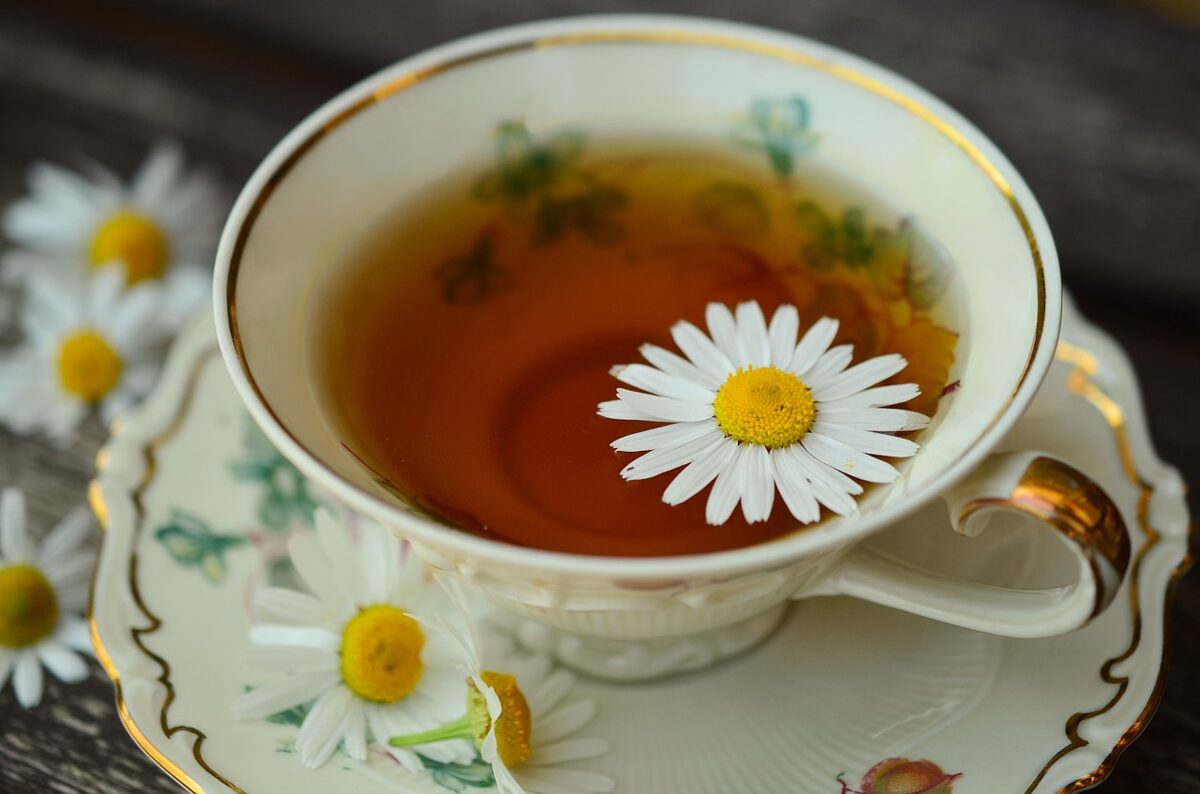
Nutritional advice:
-
First appointment 90min. 60€
- Follow-up appointments 45€
You are what you eat.
According to Ayurveda, poor nutrition is often the main cause of illness. A good healthy diet is an essential part of staying healthy. Sometimes all it takes is a correction of the eating habits to achieve more balance and balance.

- the dishes should be adapted to your Dosha - constitutional type - Kapha / Pitta / Vata
- eat the right amount, the stomach should only be 2/3 full to work properly
- Do not drink with meals if you are thirsty, choose hot water so as not to weaken the digestive fire (cold water extinguishes the fire)
- Eat high quality food - fresh, organic
- Prefer cooked and self-prepared meals
- Individuality in food selection and preparation
- eat with appetite and chew well
- eat in a pleasant atmosphere
- Eat regularly and avoid snacks - last 3 hours before going to bed
- Pay attention to the balanced taste - should have all 6 flavors (sweet, sour, salty, hot, bitter and tart)
- Pay attention to the right combinations, otherwise waste materials are created that the body does not break down
- Prefer food from the region
- Before eating, the meal should be blessed with a brief devotion, prayer, or mantra

1st course: rice, salty pastries or pasta dishes
2nd course: well-seasoned, sour soup
3rd course: Protein-containing products (soy, yoghurt, legumes, vegetable side dishes)
4th course: buttermilk, spicy lentil broth (Kapha), dessert (Vata and Pitta)
 "According
to Ayurveda, people are healthy when they take in what they need from
the cosmos and then give back what they need. There is a healthy balance
between taking and giving.
"According
to Ayurveda, people are healthy when they take in what they need from
the cosmos and then give back what they need. There is a healthy balance
between taking and giving.
When this balance is lost, illness and malaise arise. "
Nicky Sitaram Sabnis
There
are many ways in Ayurveda how one can restore balance. Supportive
measures include, for example, nutrition and cleansing of the body and
mind. Special purification and detoxification programs are recommended.
Through these cleansing measures, physical and mental strength can be
restored. Many waste products (ama) such as drug residues, excess acids,
environmental toxins that could not be excreted and that put a lot of
strain on the body collect in the body. That is why Ayurveda recommends
purifying the body regularly.

The Ayurvedic fasting cure lasts between three and ten days. Each cure is individual and is adapted to the existing constitution type. The Kapha type fasts only with hot water, a little rice broth and the ginger tea. For example, Vata and Pitta get 3 warm meals and a light rice or vegetable soup. The khichari - a dish made from lentils, rice and vegetables - is very popular (and not just at the end of the fast).
A new understanding of the diet, adapted yoga program and suitable exercises bring people back into harmony with nature. With an Ayurveda cure, we not only relieve the body, but also the spirit, the mind and the emotions.
the prerequisites for health. "


in Andalusia

What is an ayurvedic fasting?
This Ayurvedic fasting cure lasts one week and includes 1-2 days of relaxation and recovery. Each cure is individual and is adapted to the existing constitution type. The Kapha type fasts only with hot water, a little rice broth and the ginger tea. Vata and Pitta get 2-3 warm meals and a light rice soup, vegetable soup or kitchari. The focus is on strengthening the digestive fire and removing toxins from the body. Ayurvedic teaching is based on the conception of five great elements - water, fire, earth, air and wind. These 5 elements are assigned to the 3 doshas - Pitta, Vata and Kapha.A new understanding of the diet, an adapted yoga program and suitable exercises bring people back into harmony with nature.
With an Ayurveda fasting cure, we not only relieve the body, but also the spirit, the mind and the emotions. It is highly recommended
Prepare for the fast one to two weeks in advance by eating foods such as sugar, gluten, dairy products, meat, frozen products,
Refrained from caffeine, nicotine and alcohol. Learning to fast is very important for a better understanding of how to take care of your body and mind.
Why to fast?
Fasting has many positive effects. The
digestive organs come to rest and can recover. Many substances that have
deposited in the various places (often weak points) in the body are
mobilized and transported out of the body. So there is a kind of
purification going on. Deposits, fats and toxins (ama) are broken down
and excreted through the breath, the skin and the digestive organs.
Ayurveda says that Ama, which means undigested, is the main cause of all
diseases. This thorough, internal cleansing of the body also continues
on the mind and soul. The cleaning processes enable deep self-knowledge
and processes of detachment from old patterns and dependencies. Often a
state of clarity, calm and peace arises. Thus the fasting person has the
opportunity for an inner conversion.

And what comes after...
- 7.30 a.m. - 9.30 a.m. Ayurvedic morning routine, yoga and breathing exercises
- 9.30 a.m. - 10 a.m., adapted meals, then broth or water every hour
- 10:00 am - 4:15 pm free time, walks, workshops, lectures, excursions
- 4:15 - 5:45 p.m. Yoga, mantra singing, meditations, relaxation exercises
- 6:00 p.m. - 6:30 p.m. adapted catering
- 7:00 p.m. - 8:30 p.m. Massages, exchanges, walks, sauna
Participation in the day program is voluntary.
 Ayurveda Yoga Health - Yoga Vidya Torrox Costa
Ayurveda Yoga Health - Yoga Vidya Torrox Costa